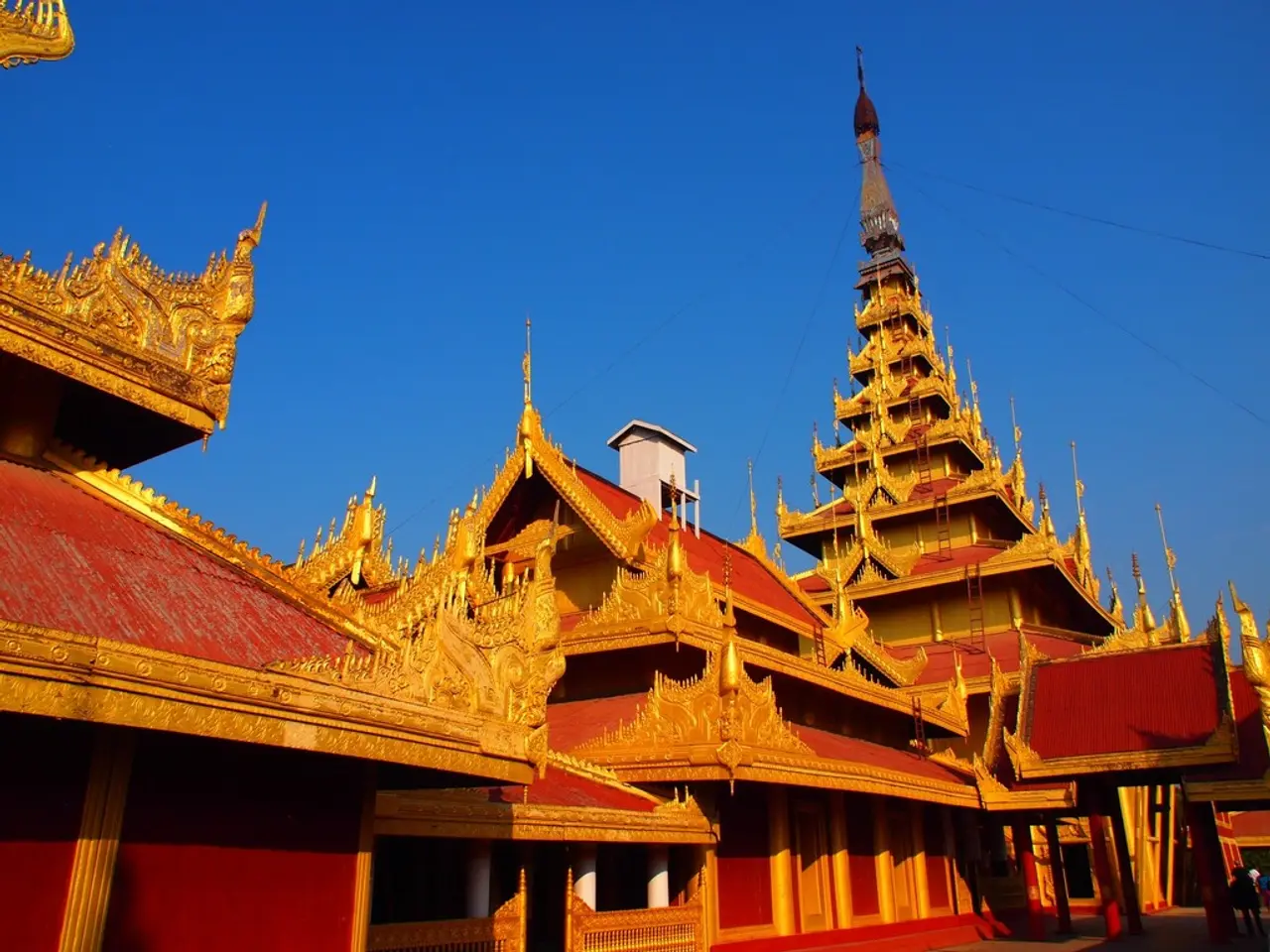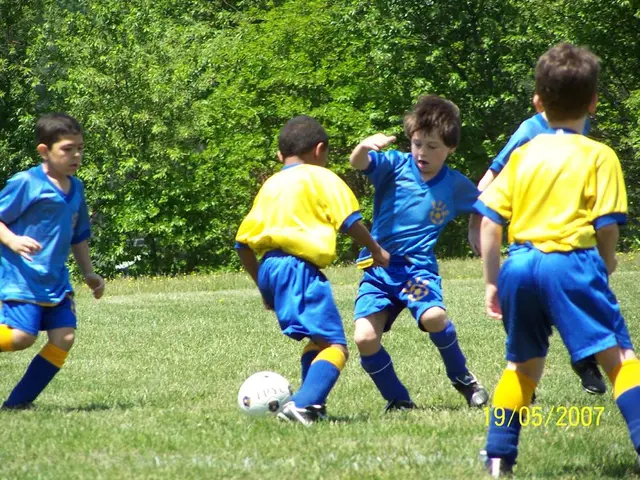Authoritarian Leader Holds Contrived Voting Process
Myanmar's Approaching Elections Amidst Continued Military Rule
The state of emergency imposed since the 2021 coup expired on July 31, but Myanmar remains under military control. General Min Aung Hlaing and his regime are pushing forward with plans for elections within the next six months, setting a deadline of late January 2026.
Despite official claims of reform and democratic legitimacy, the political situation in Myanmar continues to be dominated by military rule. The ongoing shifts in government structure primarily represent a continuation and repackaging of military rule rather than a genuine move towards democracy.
Since the coup, Min Aung Hlaing and the military junta (initially the State Administration Council, SAC) have maintained strict control. The junta ended its unconstitutional state of emergency on 31 July 2025 and transferred power to a new governing body called the State Administration Council’s successor, the State State Peace and Development Council (SSPC). However, this "interim government" is essentially the same military regime under another name.
The upcoming elections are widely seen as engineered by the military to ensure results favorable to the regime rather than being free and fair. Areas of conflict and opposition remain excluded from voting, and the military uses the election process as a tool to extend control in contested regions through phased incorporation. Moreover, harsh laws criminalizing election disruptions and online dissent have been enacted to suppress resistance, including death penalty provisions and internet censorship.
General Min Aung Hlaing remains central in this political landscape. He retains power as the military leader and prime minister in the caretaker government, continuing to oversee the political and military agenda. His regime’s so-called "fourth generation" reforms aim to embed military dominance in formal political and state structures, projecting an image of constitutional normalcy while reinforcing nationalist and security narratives.
The prospects for democracy are severely undermined by these developments. Genuine democratic institutions and the legitimate 2020-elected parliament and opposition groups inside and outside Myanmar reject the military’s election process as illegitimate and view cooperation with it as treasonous. Armed ethnic groups and resistance forces oppose the electoral process and the military’s continued rule, leading to ongoing violence and instability.
The Union Solidarity and Development Party (USDP), established from a mass organization of the previous dictatorship, is expected to serve as a vehicle to give the military state more legitimacy. However, in the democratic contest with the National League for Democracy (NLD) in 2015, the USDP won only a narrow third of the votes and eight percent of the seats. The NLD, which governed from 2016 until the coup, is excluded from the elections. Those former leaders who are not in prison or deceased are likely in exile or hiding within the country.
Conditions in Myanmar's prisons are poor, with prisoners being denied basic medical care. The army chief has relinquished his concurrent position as head of the cabinet but remains the ultimate decision-maker. The military-controlled state is facing international scrutiny, with ASEAN sending a new mission to Myanmar, led by Malaysia's Foreign Minister Mohamad Hasan. The mission aims to gain an overall picture of the situation in Myanmar ahead of the next ASEAN summit in October.
The ongoing civil war in Myanmar means that the elections will take place under conditions of conflict. The announced elections will also be a topic of discussion, as other Southeast Asian states doubt that genuine and free elections will take place. The Arakan Army (AA), one of the most militarily powerful of the various armed ethnic minority groups, nearly fully controls the northwest state of Rakhine. The AA is advancing with its units into the neighboring province of Ayeyarwady.
As the country approaches the elections, the situation in Myanmar remains highly repressive with limited prospects for democratic transition in the near term. The military's strategic effort to maintain power and undermine democratic movements continues, making a meaningful restoration of democracy in Myanmar uncertain.
Read also:
- Massive 8.8 earthquake hits off the coast of Russia's Kamchatka Peninsula, prompting Japan to issue a tsunami alert.
- Court petitions to reverse established decision on same-sex marriage legalization
- Proposed Standardization of Food Labeling Laws Among Member States by the Commission
- Current News: AfD Achieves 26% - Union Dips to Laschet's Level







